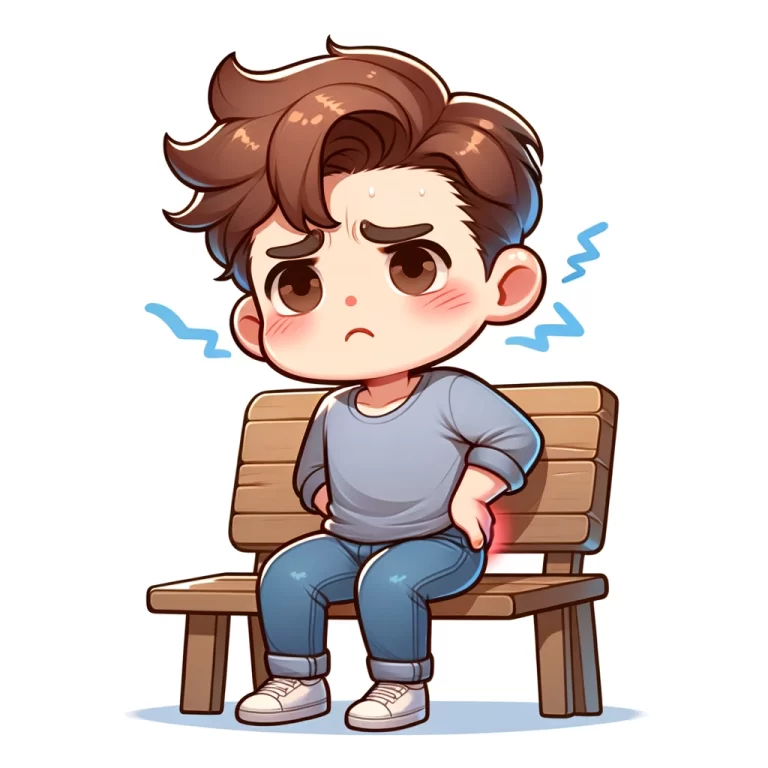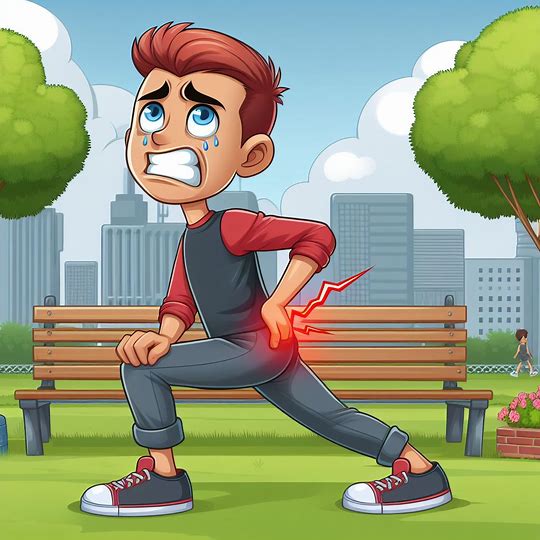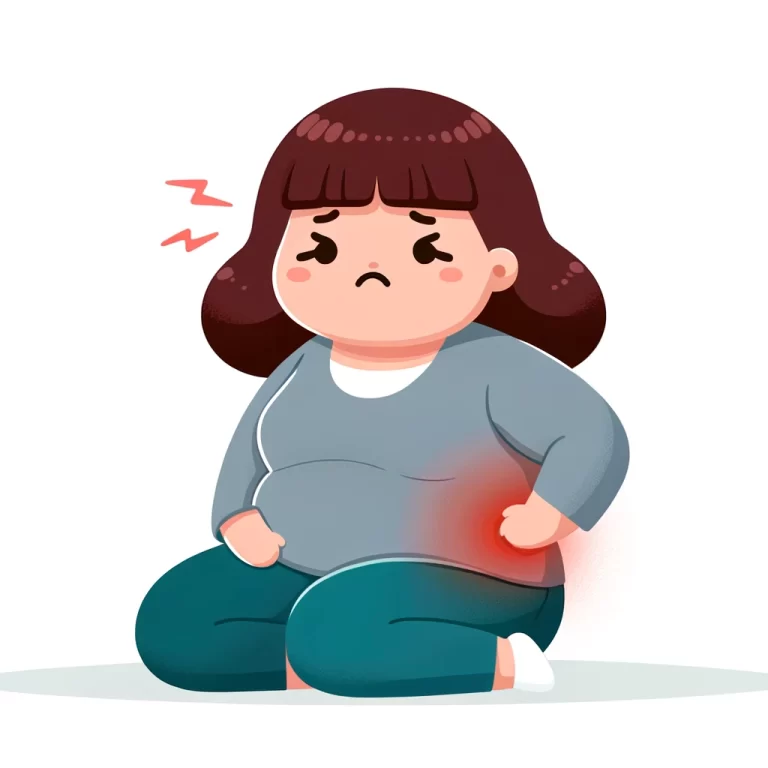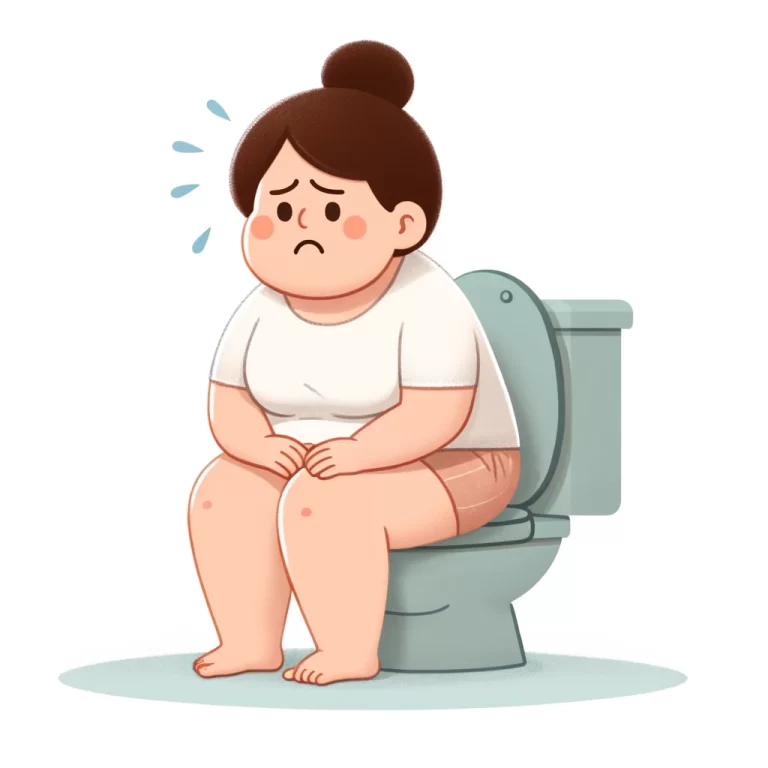Painful Rectal Prolapse: Finding Comfort and Hope in Recovery

Introduction
Dealing with painful rectal prolapse is undeniably challenging and can take a significant toll on one’s physical and emotional well-being. But it’s crucial to remember that you’re not alone in this journey. In this post, we will explore the pain and discomfort associated with rectal prolapse and share insights on finding comfort and hope during your recovery.
Understanding Painful Rectal Prolapse
Rectal prolapse occurs when the rectum turns inside out and protrudes from the anus. It can be an excruciatingly painful condition, both physically and emotionally. The discomfort can affect your daily life, making it difficult to engage in regular activities, work, or even enjoy simple pleasures.
Understanding Painful Rectal Prolapse
- Seek Medical Advice: Your first step should always be consulting with a healthcare professional. They can provide an accurate diagnosis and suggest appropriate treatment options tailored to your condition.
- Emotional Support: Reach out to friends and family for emotional support during this challenging time. Sometimes, sharing your feelings and fears can be incredibly comforting.
- Lifestyle Adjustments: Making simple lifestyle changes, such as maintaining a high-fiber diet to prevent constipation and avoiding heavy lifting, can help alleviate some discomfort.
Natural Solutions
- Pelvic Floor Exercises:
- Pelvic floor exercises, such as Kegels, are designed to strengthen the muscles around the rectum and pelvic area.
- Regularly practicing these exercises can enhance muscle tone, potentially reducing symptoms of rectal prolapse and improving overall pelvic health.
- Consult a healthcare professional or physical therapist for proper guidance on performing pelvic floor exercises correctly and effectively.
- Dietary Adjustments:
- Dietary modifications can play a crucial role in managing rectal prolapse symptoms.
- Consider incorporating these natural remedies into your diet to promote bowel regularity and reduce strain on the rectal area:
- Fiber-Rich Foods: Foods like whole grains, fruits, vegetables, and legumes are high in fiber and can soften stools, making them easier to pass.
- Probiotics: Probiotic-rich foods like yogurt and kefir contain beneficial bacteria that can promote digestive health.
- Herbal Supplements: Some herbal supplements, such as psyllium husk or aloe vera, may help with bowel regularity and reduce the risk of constipation.
- Always consult a healthcare provider or registered dietitian before making significant dietary changes, as individual needs and sensitivities can vary.
- Warm Sitz Baths:
- A warm sitz bath involves sitting in a shallow basin of warm water, which can help soothe the rectal area and provide temporary relief from pain and discomfort.
- The warm water can relax muscles and reduce inflammation, offering comfort during painful episodes.
- Sitz baths are a non-invasive and accessible remedy that can be used as part of your self-care routine.
- Ensure the water is comfortably warm but not too hot to avoid burns or additional irritation.
Traditional Approaches
- Medications:
- When facing the challenges of rectal prolapse, consulting a healthcare provider is essential to determine the most appropriate treatment plan.
- In some cases, your healthcare provider may recommend medications to help manage symptoms and alleviate discomfort associated with rectal prolapse.
- These medications may include:
- Pain Relievers: Over-the-counter pain relievers, such as acetaminophen or non-steroidal anti-inflammatory drugs (NSAIDs), may be suggested to help reduce pain and inflammation.
- Stool Softeners or Laxatives: To prevent straining during bowel movements, your healthcare provider might recommend stool softeners or mild laxatives to promote regular and gentle bowel movements.
- Topical Creams or Ointments: Topical medications, such as hemorrhoid creams or ointments, can provide relief from itching and discomfort in the anal area.
- Surgery:
- In severe cases of rectal prolapse, surgical intervention may be necessary to correct the condition and provide lasting relief.
- Surgical options for rectal prolapse include:
- Rectopexy: This procedure involves surgically attaching the rectum to the nearby tissue or the sacrum to prevent it from prolapsing. Rectopexy can be performed laparoscopically or through open surgery, depending on the individual’s condition.
- Resection or Rectal Fixation: In some instances, a portion of the rectum may need to be removed, followed by reconnection. This procedure is known as resection or rectal fixation.
- Altemeier Procedure: This procedure is often used for older adults or those with severe health issues. It involves removing the prolapsed rectum and creating an end colostomy.
- The choice of surgical approach depends on the severity of the prolapse, the patient’s overall health, and the surgeon’s expertise.
- Prior to surgery, it’s crucial to discuss all available options, potential risks, and expected outcomes with your healthcare provider to make an informed decision about the most suitable treatment plan.
Always remember that the choice between medications and surgery, if needed, should be made after thorough evaluation and consultation with a healthcare professional who can provide personalized recommendations based on your specific condition and needs.
Connect, Share, and Thrive: Join Our 'Rectal Forum'
In our "Rectal Forum," no topic is too small or too unique – from the nitty-gritty of anal zits and mysterious red bum bumps to the intricacies of complex surgeries. It's a safe and understanding place to chat about all things rectal health. Whether you're seeking advice, sharing your own story, or curious about care options, our community embraces it all with open arms. Dive into engaging discussions, learn from shared experiences, and find the support you crave. Check out our 'Rectal Forum' to join in and feel connected. And remember, no rectal health topic is off-limits in our uncensored forum. Visit the 'Rectal Forum' to learn more and connect.
Conclusion:
While dealing with painful rectal prolapse is undoubtedly challenging, it’s essential to remember that there are options available to find comfort and hope in your journey towards recovery. Seek the guidance of medical professionals, lean on your support system, and explore both natural and traditional solutions to regain control of your life. Remember, you are not alone, and there is a path toward a better, pain-free future.
Affiliate Disclosure: At www.rectalissues.com, we're part of the Amazon Services LLC Associates Program and several other affiliate programs. This means we may earn a commission from qualifying purchases made through our links. These partnerships help us continue delivering valuable advice and product recommendations. Any product we suggest is one we truly believe in. Thanks so much for your support.





